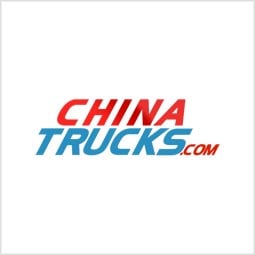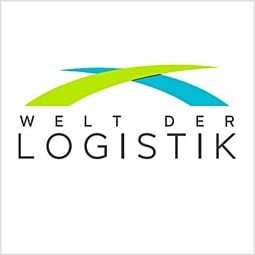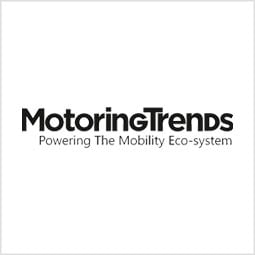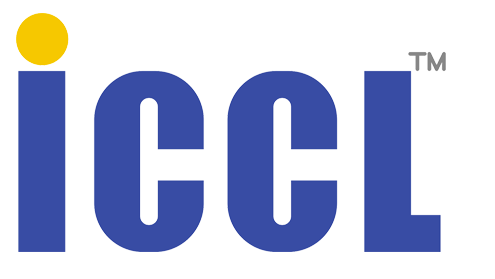Cummins Unveils the Future of Diesel
 Cummins Inc. introduced innovations that will achieve a low nitrogen oxides (NOx) emissions future and achieve a reduction in the carbon footprint, today at the IAA Commercial Vehicles Show.
Cummins Inc. introduced innovations that will achieve a low nitrogen oxides (NOx) emissions future and achieve a reduction in the carbon footprint, today at the IAA Commercial Vehicles Show. The Cummins technology display, features a concept emissions control system capable of minimizing emissions to levels previously thought unfeasible, including a possible next level of Euro VII regulations anticipated during the coming decade. Combine this with the latest smart digital technologies and Cummins is representing the next leap forward in diesel engine evolution.
“This innovative system allows further reduction in NOx and PM emissions, while simultaneously improving fuel efficiency,” said Tim Proctor, Cummins Executive Director of Product Management & Market Innovation. Other innovative technologies under development by Cummins to reduce friction and parasitic losses will also continue to make the diesel engine even more productive and energy efficient. Additionally, the use of enhanced design tools and advanced materials such as composites will bring opportunities to reduce component weight while retaining strength, further enhancing vehicle productivity.” “While Cummins has a vigorous electrification program underway, our other key message at IAA is that the diesel engine is not standing still,” added Proctor. “With our technical advancements, we see diesel remaining as the primary source of power in the commercial vehicle sector for the foreseeable future. Cummins is committed to ensuring the power of choice is available for our customer’s many different vehicle types, duty cycles and business requirements.”
The concept emissions control system now under development by Cummins, combines the turbocharged air management with the exhaust aftertreatment as a single close-coupled system, together with a new rotary turbine control (RTC). This new design fully utilizes Cummins latest advances in air and thermal management to immediately convert almost all NOx emissions to clean gas as it interacts with the selective catalytic reduction (SCR) unit. Advancements in hardware is not the only area of progress, Cummins continues to innovate with a smart connected suite of wireless monitoring, reporting, calibrating and servicing applications to help boost vehicle uptime and reduce the total cost of ownership. Cummins is looking ahead to accelerate digital technology with over-the-air trim and parameter calibration, empowering fleet managers with the ability to customize power and speed settings to match unique business needs and driver behaviors, road conditions and geographic coordinates.
Cummins ADEPTTM technology suite also releases the full potential of powertrain automation to make every driver an expert and improve fuel efficiency by up to 6 percent. Features such as Predictive Cruise Control utilise the vehicle GPS to see the road 2 km ahead and precisely adjust speed ready for the upcoming terrain. SmartCoast places the driveline into neutral on downhill gradients using vehicle momentum to save fuel, while SmartTorque2 constantly calculates the exact torque needed for the truck payload to minimize downshifting.
























